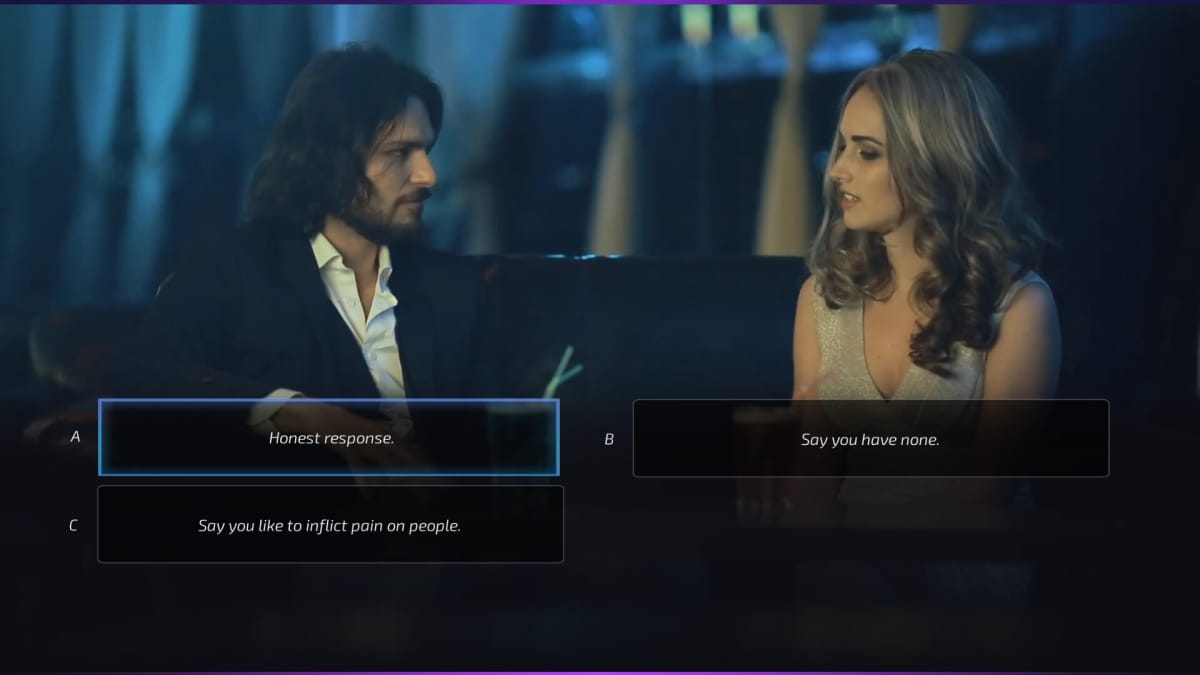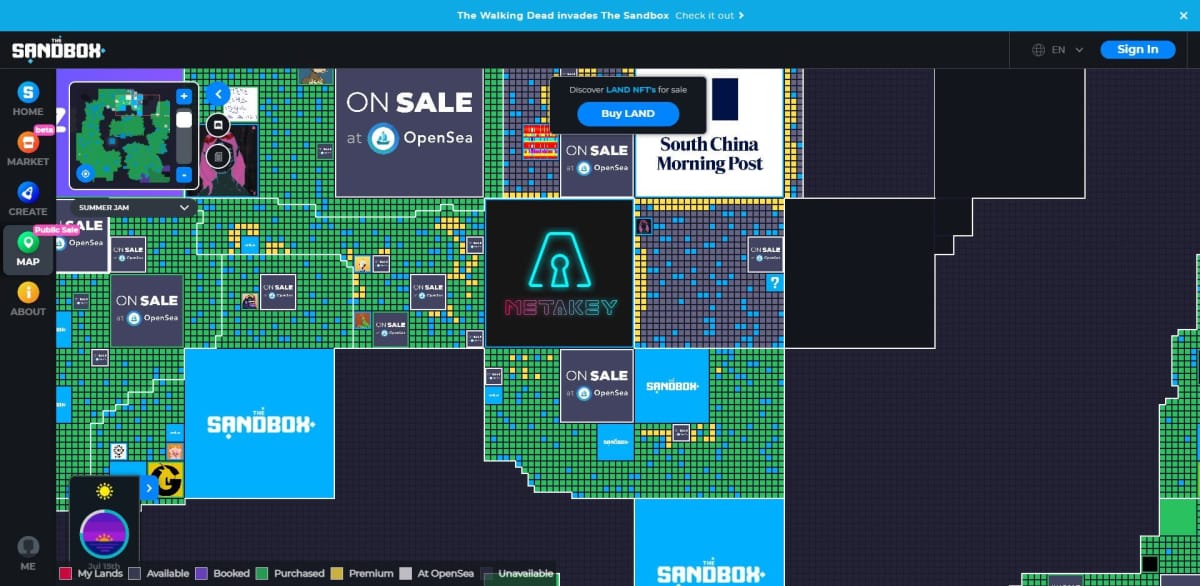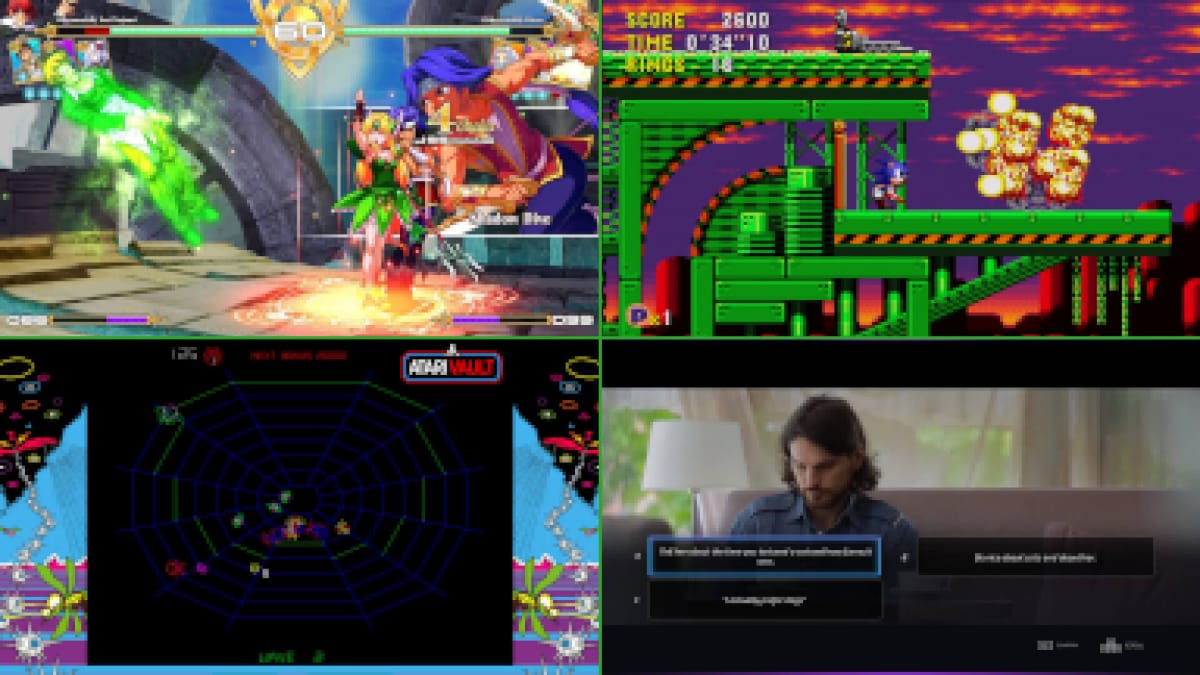The IGDA (International Game Developers Association) has called for an end to the use of gaming NFTs wherever possible. According to the assocation, gaming NFTs have a detrimental impact on the environment and are inefficient "solutions looking for a problem".
Why does the IGDA want a halt to gaming NFTs?
In an IGDA press release, the association cites "growing energy consumption" and the industry's "impact on our climate" as reasons for developers to cease pursuing gaming NFTs. The press release calls for a complete halt to the use of NFTs in singular ecosystems and the replacement of Proof of Work algorithms with a more energy-efficient alternative, Proof of Stake, for cross-ecosystem NFTs. In short, the association says NFTs should not be used when "a simple and far less costly database table" can be utilized instead, providing the same benefits as NFTs. It's all part of a wider push against blockchain tech; the IGDA says it's crucial for the gaming industry to address blockchain and crypto solutions, "especially when they cause significant energy usage".

Gaming NFTs are becoming more and more popular in the industry. Major companies like Square Enix and Sega have declared plans to investigate gaming NFTs, while dedicated NFT company Animoca Brands recently raised almost $90 million in capital. Despite opposition regarding the impact of NFTs - and blockchain technology more generally - on the environment, it doesn't look like gaming NFTs are going away anytime soon. The ongoing discussion surrounding NFTs also recently extended to mobile life sim Avakin Life, which came under fire after it seemed to promote NFTs to a community of mostly underage users.
What are gaming NFTs, exactly?
If you're not quite up to speed with the NFT phenomenon, allow us to explain. NFT stands for "non-fungible token", and if you buy one, you're essentially gaining ownership over a digital asset; a piece of art, for example, or a tweet. NFTs that have been sold include Twitter founder Jack Dorsey's first ever tweet, the original image copied for the "Disaster Girl" meme, and "Charlie Bit Me", a classic slice of YouTube meme history. There's also The Sandbox, in which players can "build, own, and monetize their gaming experiences" on the blockchain.

If you're wondering what's preventing you from downloading and replicating the art for which these NFTs are being sold, well...nothing is. An NFT doesn't necessarily grant you copyright ownership over the work; it simply states that you own the work. Think of it like fine art trading. You didn't paint the original artwork, and you don't necessarily have the right to tell others they can't reprint it. You just own it, so you can display it wherever you like and show everyone else that it's in your possession. That's basically how NFTs work.
The IDGA also has a background mining bee in its bonnet
It's not just gaming NFTs the IGDA is gunning for. Another aspect of blockchain tech the association calls "problematic" is background mining performed without user consent. Some games and "game-tangential system[s]" utilize user device cycles to "mine or otherwise perform non-experience-related calculations", but they don't ask for expressly informed user consent. These systems should be opt-in by default, the IGDA says, and they should be transparent about energy usage and wear on hardware.
Information about background mining should be transparent, clear, and easily digestible, not "hidden in a long terms statement", the IGDA says. Gamers come from a range of backgrounds, and some are more technically informed than others, so the IGDA says it's "unethical" to take advantage of a lack of understanding surrounding background mining. This is part of maintaining what the IGDA calls an "ethical approach" that is considerate of the industry's part in the wider world. You can read the IGDA's full press release here.
What do you think about gaming NFTs? Would you purchase one? Let us know in the comments below!







